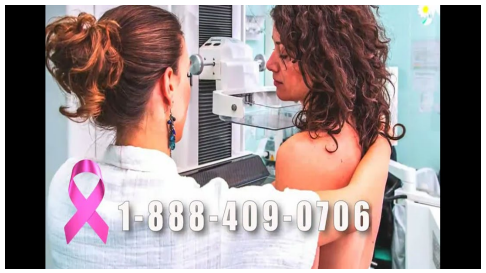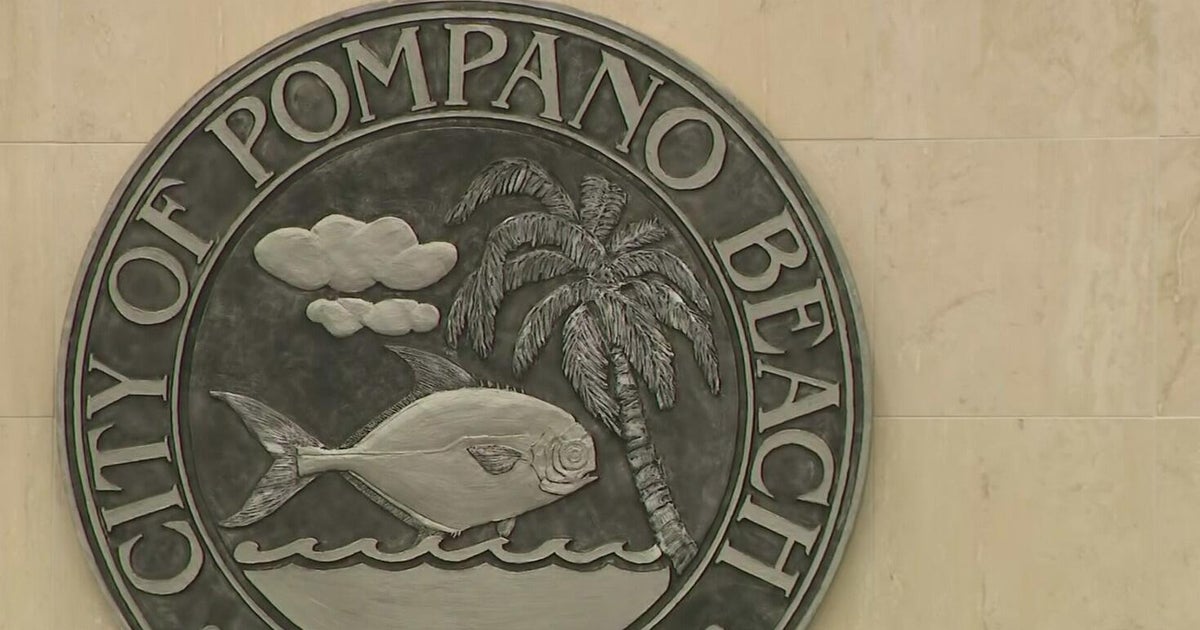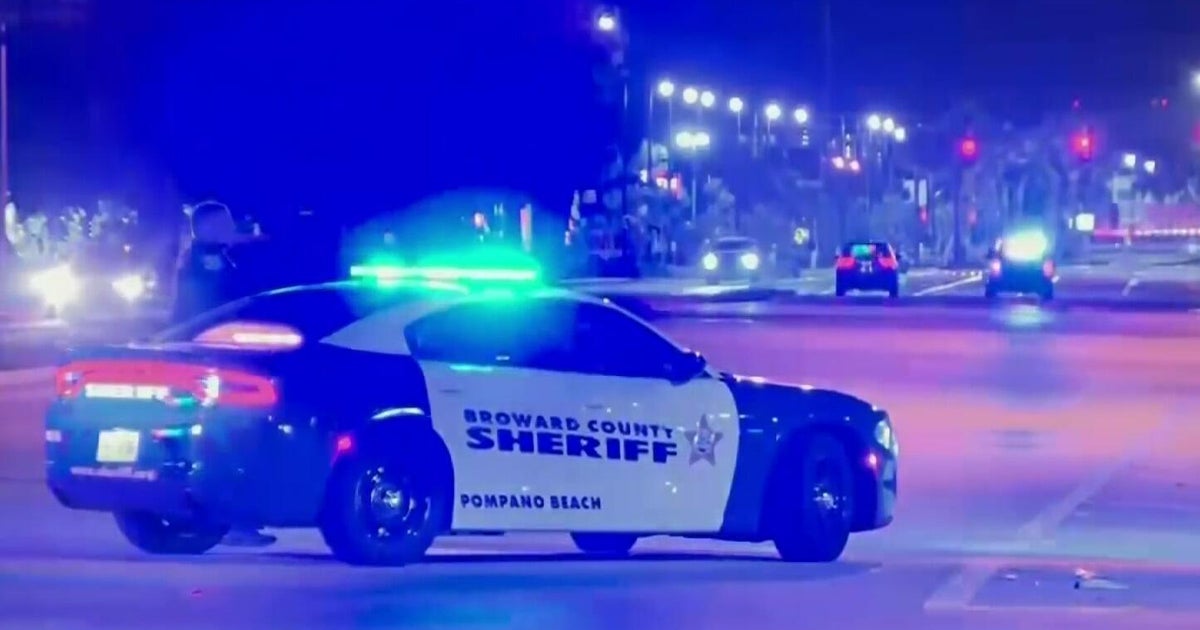A charity that accepted donations of vehicles that would pay for breast cancer screenings for low-income patients agreed Thursday to pay a $3.8 million fine and to restrictions on future fundraising activities in 19 U.S. states, including Colorado.
Kars-R-Us.com and its ownership, Michael Irwin and Lisa Frank of California, reached a settlement with the Federal Trade Commission and the attorneys general from the states.
From 2017 to 2022, Kars-R-Us.com recruited donations using deceptive advertising, according to case documents. While it raised more than $45 million, less than half a percent of that money went toward breast cancer screenings.
Instead, the charity, its owners, and many of its vendors pocketed most of the money, per prosecutors.
Worse, of the money that did make it to United Breast Cancer Foundation, most went to purposes other than breast cancer screenings, according to prosecutors. Foremost, a large sum to compensate its chief executive officer.
Kars-R-Us.com ran radio and television advertisements nationwide.
“Defendants represented to prospective donors that their vehicle donations allow UBCF to ‘save lives,’ by providing free and low-cost breast cancer screenings,” stated the case document filed by Central California state prosecutors. “Defendants drafted and designed these ads to tug at donors’ heartstrings and to maximize contributions with little regard for truthfulness or accuracy of the claims they made on behalf of UBCF.”
More than 84,000 well-intentioned people donated their vehicles to Kars, the FTC stated in a press release.
Irwin, 75, and Frank, 45, co-owned Kars-R-Us.com upon its creation in 2012, with Irwin acting as principal, according to case documents. Irwin stepped down in December 2022 and Frank assumed sole ownership. Since Irwin’s departure, the charity has been registered to Frank’s home in Glendora, a suburb of Los Angeles. Irwin resides in Ventura, another L.A. suburb.
Prosecutors estimate the two operators and the charity’s vendors took $34.9 million of the $45.5 million the charity raised through vehicle donations during those five years.
Attorneys for Irwin, Frank and the charity told the court the three have no means to immediately pay the $3.8 million fine against them. Instead, the court ordered a $550,00 fine be paid within 10 days. “This sum,” the court wrote in its judgement, “will be paid to one or more charities whose mission or purpose is consistent with the purported mission or purpose of United Breast Cancer Foundation.” The judge gave the two owners and the charity six months to submit a schedule for paying the rest of the $3.8 million penalty. Failure to present a plan in that time could result in an order to pay the rest of the fine immediately.
Federal Trade Commission
According to the settlement, Irwin is permanently prohibited from future fundraising activity. The charity and Frank are permanently restricted from making any misrepresentations about their fundraising services. All are subject to increased monitoring of their future finances and record keeping.
Complicating potential criminal prosecution was the publicly available information that proved money donated to the foundation was not reaching its intended target. UBCF’s filings with the IRS, prosecutors noted, showed it spent only $393,644 on breast screening services out of the $174.4 million in revenue it raised in those five years.
“Year after year, these financial reports consistently demonstrated UBCF’s very minimal spending on breast screening services,” prosecutors stated. “Defendants took no meaningful steps to investigate the truthfulness of the claims they made to the public so long as the ad claims generated revenue – even though a simple online search would have produced UBCF’s IRS Form 990s and financial reports, charity watchdog ratings, and news articles identifying UBCF as one of the 50 worst charities in the nation.”
Federal Trade Commission
UCBF’s CEO, Audrey Stephanie Mastroianni, earned more than $600,000 in salary and benefits in 2022, according to a case document. She emailed Irwin and Frank in March of 2021 that a radio ad didn’t contain entirely accurate information. But Irwin, according to the case document, insisted on continuing on broadcasting the ads because they brought in more than $100,000 a month.
Joining the FTC in the case were the Attorneys General of the states of Arkansas, California, Colorado, Connecticut, Delaware, Florida, Georgia, Illinois, Indiana, Maryland, New York, North Carolina, Oklahoma, Oregon, Utah, Virginia, West Virginia, and Wisconsin; the Secretary of State of Maryland; the Secretary of State of North Carolina; the Secretary of State of South Carolina; and the Utah Division of Consumer Protection.
“Charity scams like the one in this case are despicable, and I’m glad to be working with a bipartisan group of attorneys general, other state officials, and the FTC to put an end to the Kars scheme,” said Colorado Attorney General Weiser. “I am encouraging Coloradans who want to do some good, whether it’s through donating their hard-earned money or valuable property like a vehicle, to do their homework and make sure a charity is legitimate before donating. Services like CharityNavigator tell consumers how much of their donations actually go to help the cause. Scammers are not interested in supporting a good cause; they simply seek to take advantage of good-hearted people for personal gain and must be held accountable.”




